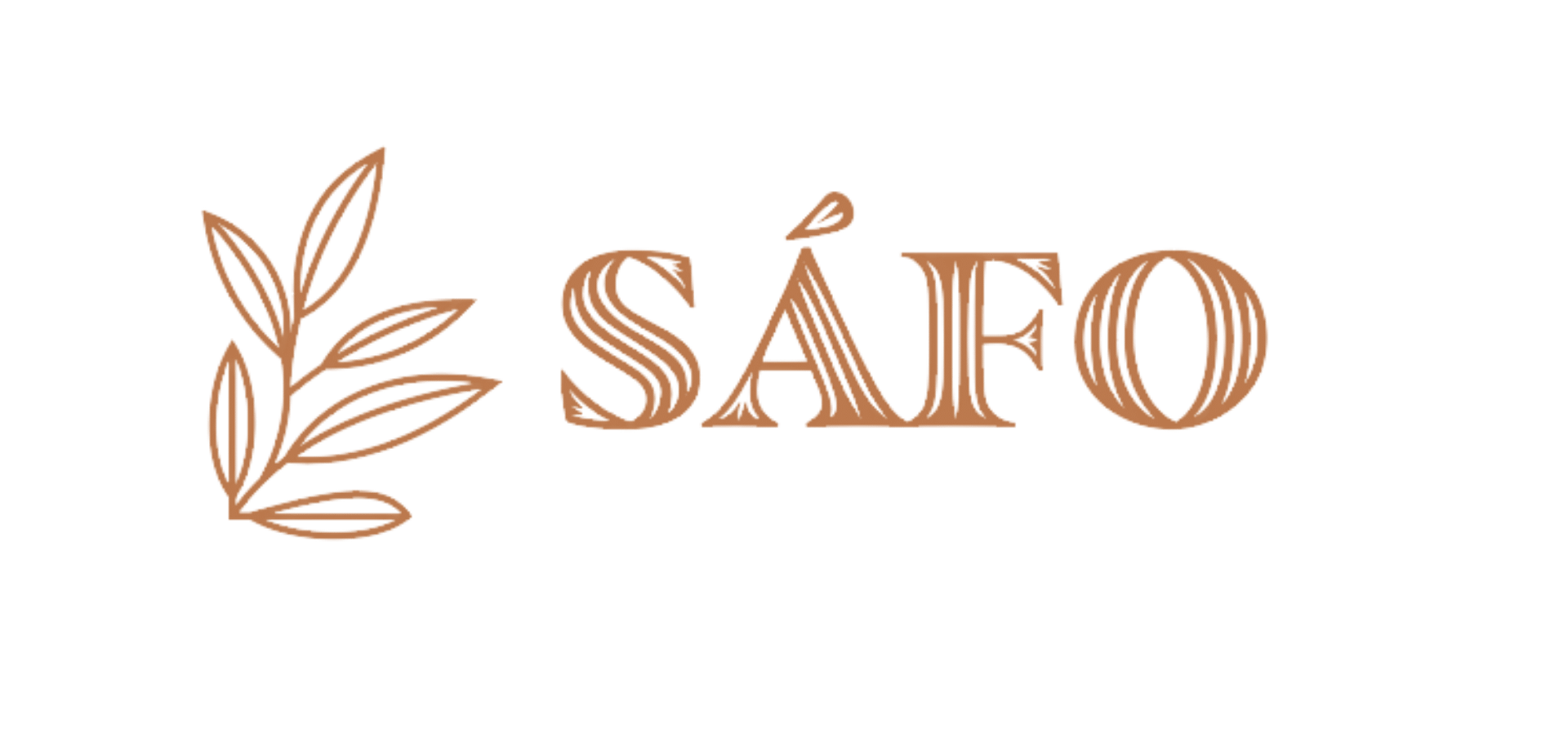

YareSafo Hair, LLC (DBA Safo Hair)

1.6
Massachusetts, United States
October 2025
Personal care products
Wholesale/Retail
Canada,
United States
Safo Hair is a Boston-based beauty and wellness company redefining haircare at the intersection of health, heritage, and hormonal change. Founded by Dr. Ellana Stinson, a board-certified physician with roots in Georgia and Alabama, Safo sits at the forefront of a cultural and clinical movement—bringing clean, science-backed solutions to women navigating the often-overlooked journey of menopause and aging. Built on the belief that hair wellness is foundational to overall health, Safo formulates plant-based products that are free from toxic ingredients commonly linked to cancer and reproductive harm. Each formula is crafted to support scalp integrity, hormonal balance, and hair resilience—filling a critical gap in a beauty industry that has long ignored the needs of multicultural women over 35. Beyond products, Safo is cultivating a community of informed, empowered consumers through education, storytelling, and local engagement. The company’s commitment to cultural relevance, scientific rigor, and social equity positions it as a leader in a new era of inclusive wellness.
Overall B Impact Score
Governance 15.2
Governance evaluates a company's overall mission, engagement around its social/environmental impact, ethics, and transparency. This section also evaluates the ability of a company to protect their mission and formally consider stakeholders in decision making through their corporate structure (e.g. benefit corporation) or corporate governing documents.
What is this? A company with an Impact Business Model is intentionally designed to create a specific positive outcome for one of its stakeholders - such as workers, community, environment, or customers.
Community 81.7
Community evaluates a company’s engagement with and impact on the communities in which it operates, hires from, and sources from. Topics include diversity, equity & inclusion, economic impact, civic engagement, charitable giving, and supply chain management. In addition, this section recognizes business models that are designed to address specific community-oriented problems, such as poverty alleviation through fair trade sourcing or distribution via microenterprises, producer cooperative models, locally focused economic development, and formal charitable giving commitments.
What is this? A company with an Impact Business Model is intentionally designed to create a specific positive outcome for one of its stakeholders - such as workers, community, environment, or customers.
Environment 5.3
Environment evaluates a company’s overall environmental management practices as well as its impact on the air, climate, water, land, and biodiversity. This includes the direct impact of a company’s operations and, when applicable its supply chain and distribution channels. This section also recognizes companies with environmentally innovative production processes and those that sell products or services that have a positive environmental impact. Some examples might include products and services that create renewable energy, reduce consumption or waste, conserve land or wildlife, provide less toxic alternatives to the market, or educate people about environmental problems.
Customers 3.0
Customers evaluates a company’s stewardship of its customers through the quality of its products and services, ethical marketing, data privacy and security, and feedback channels. In addition, this section recognizes products or services that are designed to address a particular social problem for or through its customers, such as health or educational products, arts & media products, serving underserved customers/clients, and services that improve the social impact of other businesses or organizations.